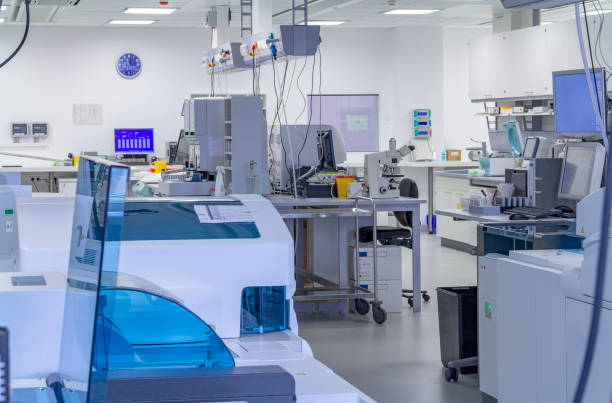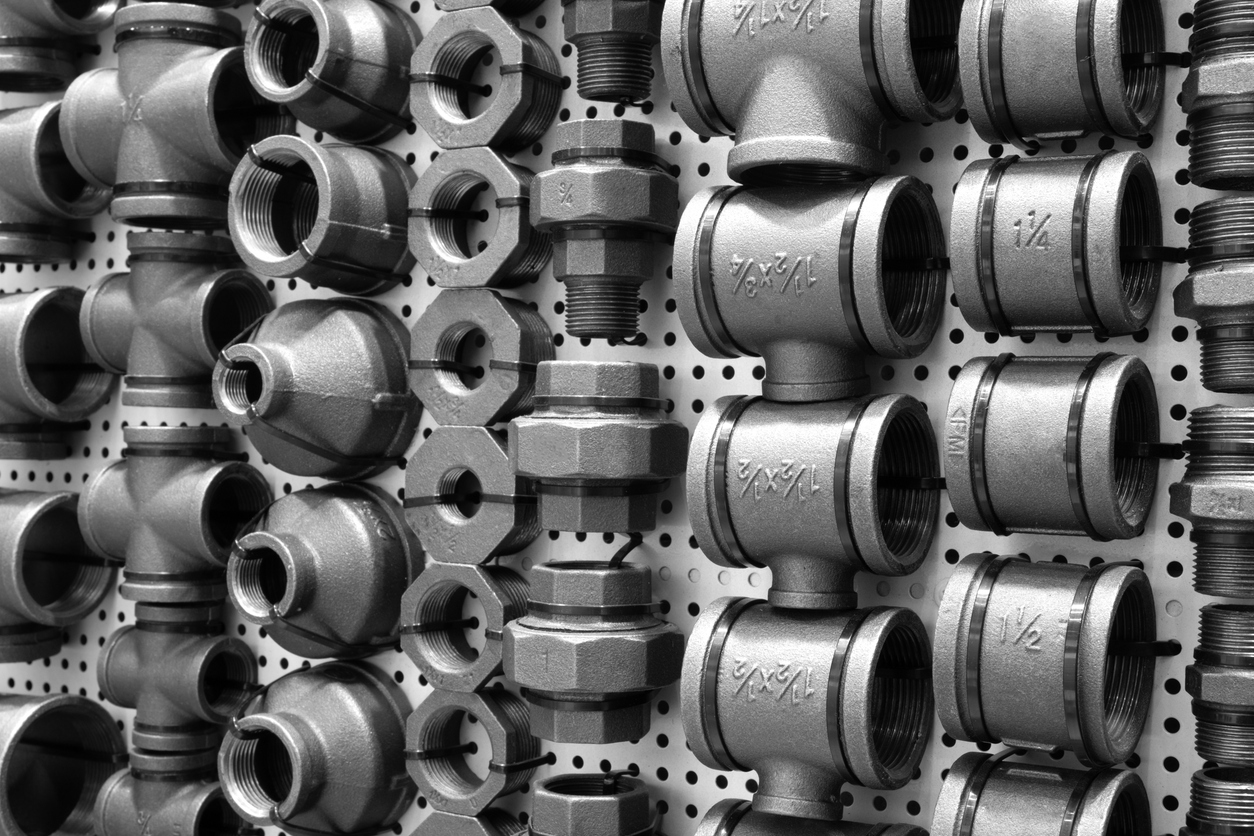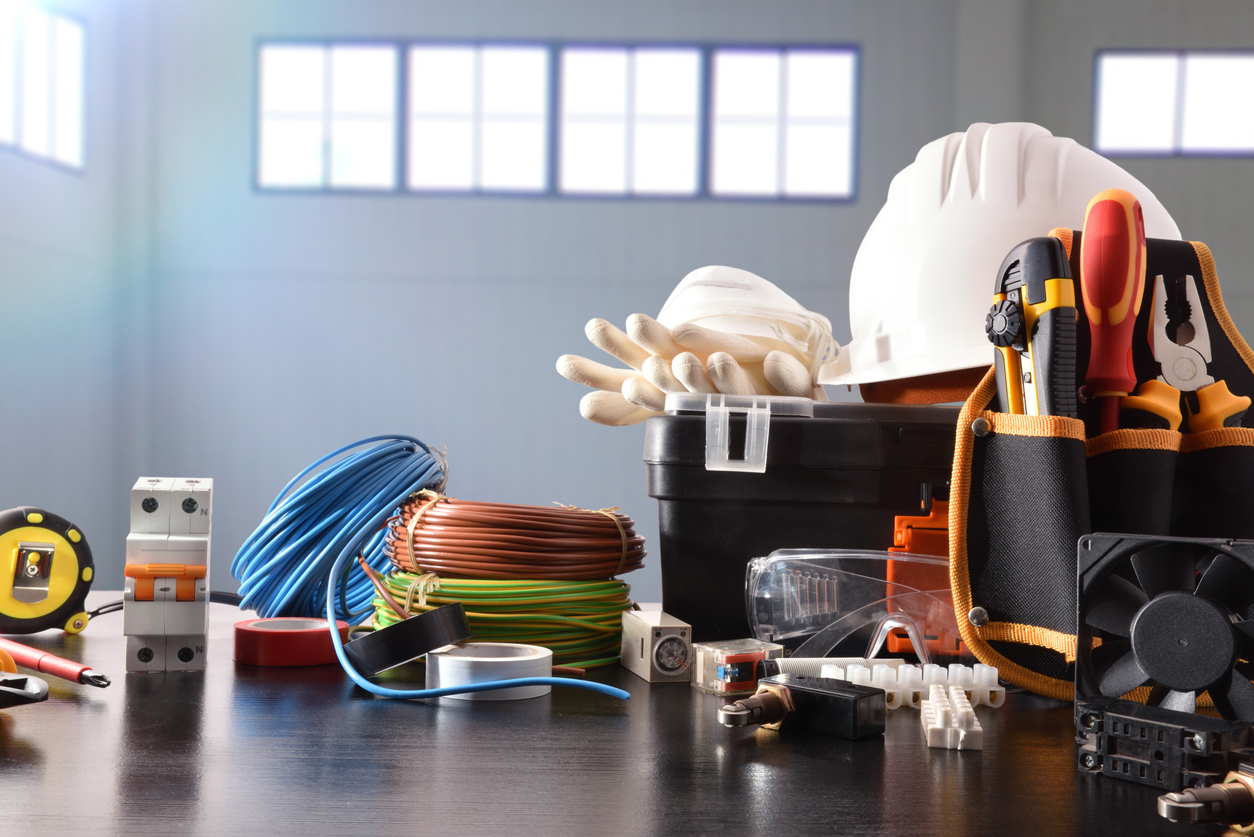The Ultimate Guide to Buying and Exporting Medical Equipment and Laboratory Equipment
The Ultimate Guide to Buying and Exporting Medical Equipment and Laboratory Equipment
Medical equipment and laboratory equipment can be useful in a variety of fields. These products are often used by hospitals, nursing homes, assisted living facilities, laboratories, and medical professionals. If you’re interested in selling one of these products, it’s important to understand the market before beginning your business venture. There are different regulations for buying and selling these products as well as other factors to consider before launching such a company. Many people may think that this type of business is not for them because it requires special permits or licenses. However, if you have the urge to help others by supplying them with necessary medical or lab equipment then you might want to begin investigating how to become certified and registered so you can begin exporting and importing these goods.
What to Know Before You Buy and Export Medical Equipment
Before you purchase medical equipment, it’s important to know the basics of exporting medical equipment. If you don’t have the proper knowledge, you could risk your business, your money, and even your freedom. When it comes to purchasing and exporting medical equipment, there are a few things that you need to know about regulations, the market for the equipment you want, and the type of equipment you want to purchase. If you’re trying to buy and export medical equipment, make sure to check what certifications are needed for your particular type of equipment. You will need to find out which agencies regulate the sale and purchase of your products and how you can become certified to sell them.
Determining Which Types of Equipment to Import
Before you begin importing medical equipment, you’ll need to decide what equipment you want to bring in to your country. You’ll also need to make sure that the product you select is allowed in your country and that the product can be legally sold to your customers. At the same time, you’ll want to be sure that the product is needed in your country as well. If you’re interested in importing medical equipment, there are many different options available. You’ll want to select the equipment that is in high demand and that your customers are looking for. If you’re not sure where to begin, you can talk to your potential customers to see which products they’re currently lacking or in need of. You can also do some research online to see what equipment is in high demand.
Regulations for Exporting Medical Equipment
Before you begin exporting medical equipment, you’ll need to make sure that you understand the regulations for such products. You can do this by doing some research online or contacting the FDA or the USDA. You’ll need to make sure that your equipment is safe for use by humans. This is especially important if you’re trying to export medical equipment to the United States. You will also need to make sure that your equipment is not contaminated. Contamination can ruin the equipment and make it less effective or even harmful to humans. You’ll also need to check if there are any regulations in your country related to health and safety standards. If there are, you’ll need to make sure that you meet those requirements before exporting.
Finding the Right Suppliers
When you’re ready to begin importing medical equipment, you’ll need to find the right suppliers. It’s important to find a supplier that you can trust, as well as one that can deliver quality products on time. You can begin by reaching out to current customers. They may be able to give you the names of their suppliers. If you don’t know anyone who imports products, you can also reach out to your broker for assistance finding a supplier. Brokers are individuals who work with both buyers and sellers. They can help you find the right suppliers for your business. You should also consider looking for suppliers online. You can find suppliers on websites designed for businesses to connect and conduct business with one another.
Incorporating and Registering Your Company
Once you’ve found the right suppliers, you’ll need to incorporate your company and register it with the government. You’ll want to make sure that your company is legally registered and operational before you try to buy and export medical equipment. This way, you can avoid fines and penalties, as well as protect yourself and your business. If you’re interested in importing medical equipment, you may also want to register your company with the FDA. This is a good way to protect yourself and your business and make sure that you are operating correctly. You’ll need to work with an attorney to make sure that your company is legally incorporated and registered. After that, you can begin importing products into your country.
Should You Become a Registered Company?
If you’re interested in buying and exporting medical equipment, you may want to consider becoming a registered company. Being a registered company can give your business legitimacy and allow you to conduct business with a wider range of customers. Additionally, it will help you avoid fines and penalties from government agencies if you don’t operate your company legally. Additionally, becoming a registered company will allow you to operate your business with more freedom. You will be able to legally import products and sell them to customers in your country. If you decide that you want to become a registered company, you’re going to want to work with an attorney. Your attorney will help you make sure that you fully understand the process and that your company is operating correctly. You’ll also want to find a lab that tests the equipment that you want to import. This way, you can be sure that your equipment is in good condition and safe for use.
Conclusion
If you’re interested in buying and exporting medical equipment, you’ll need to understand the market for these products. You’ll also need to make sure that you are following all regulations and that your company is legally registered and operational. Once you’ve done this, you can begin buying and importing equipment to sell to customers in your country. Once you have begun operating legally, your business will be able to conduct trade with other businesses in your country and export products to other countries. This can be a very profitable business, but you’ll have to be sure that you do your research before buying and importing products.








LEAVE A COMMENT
You must be logged in to post a comment.